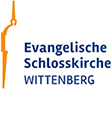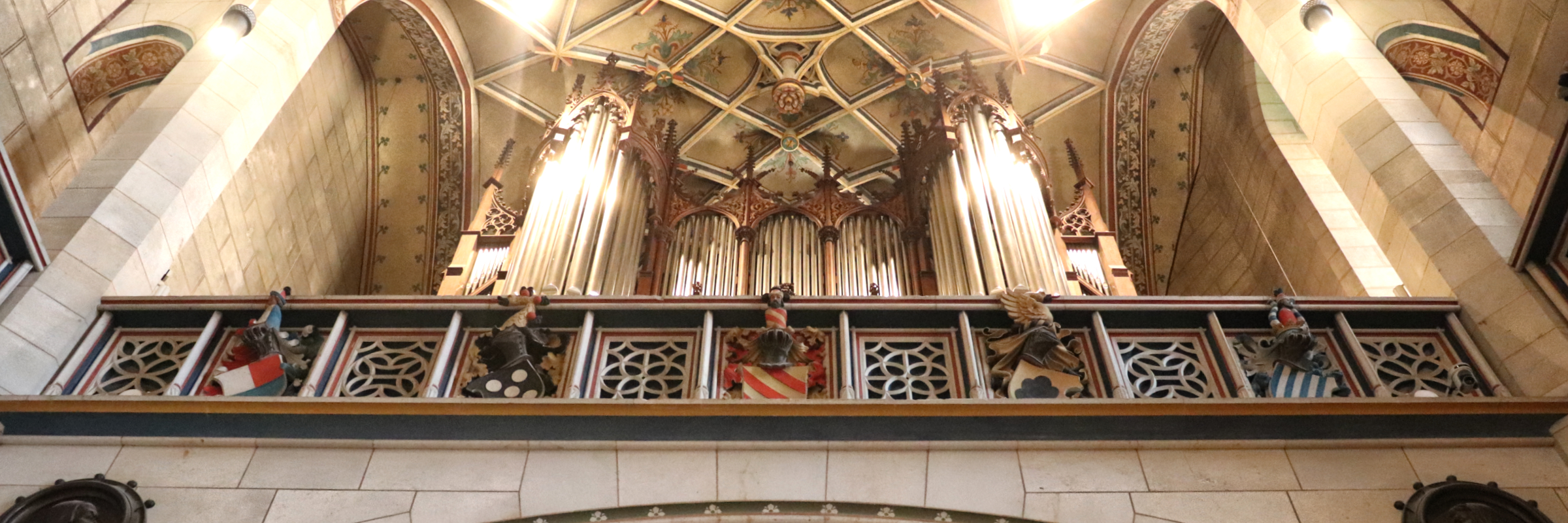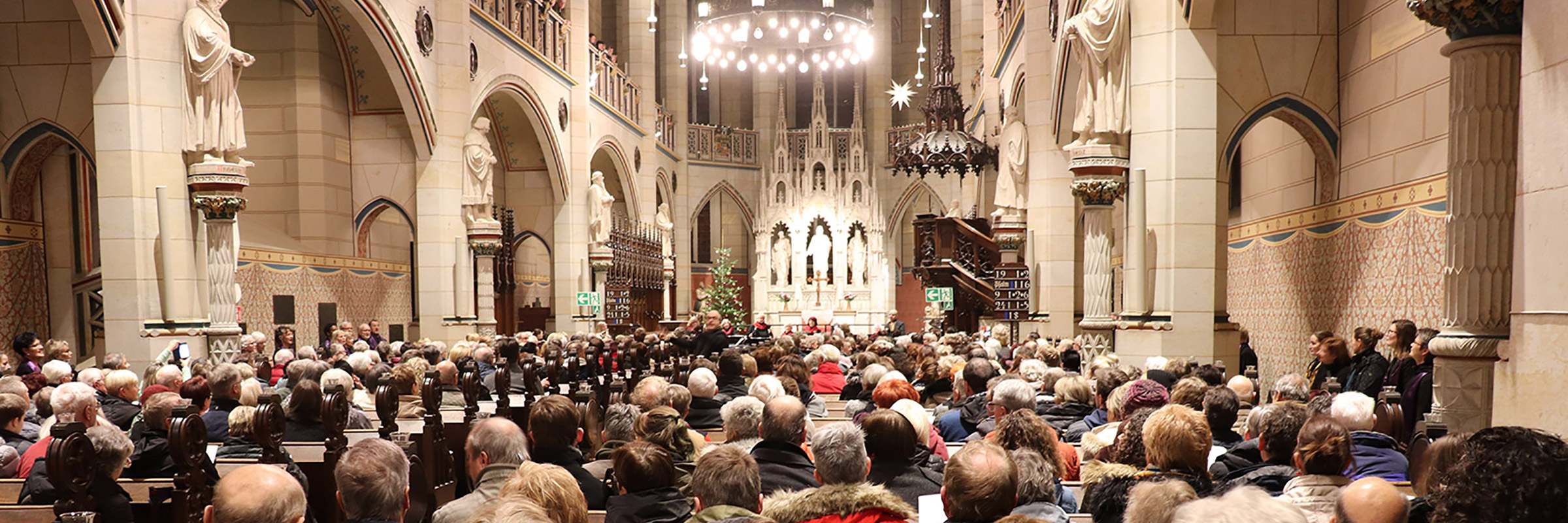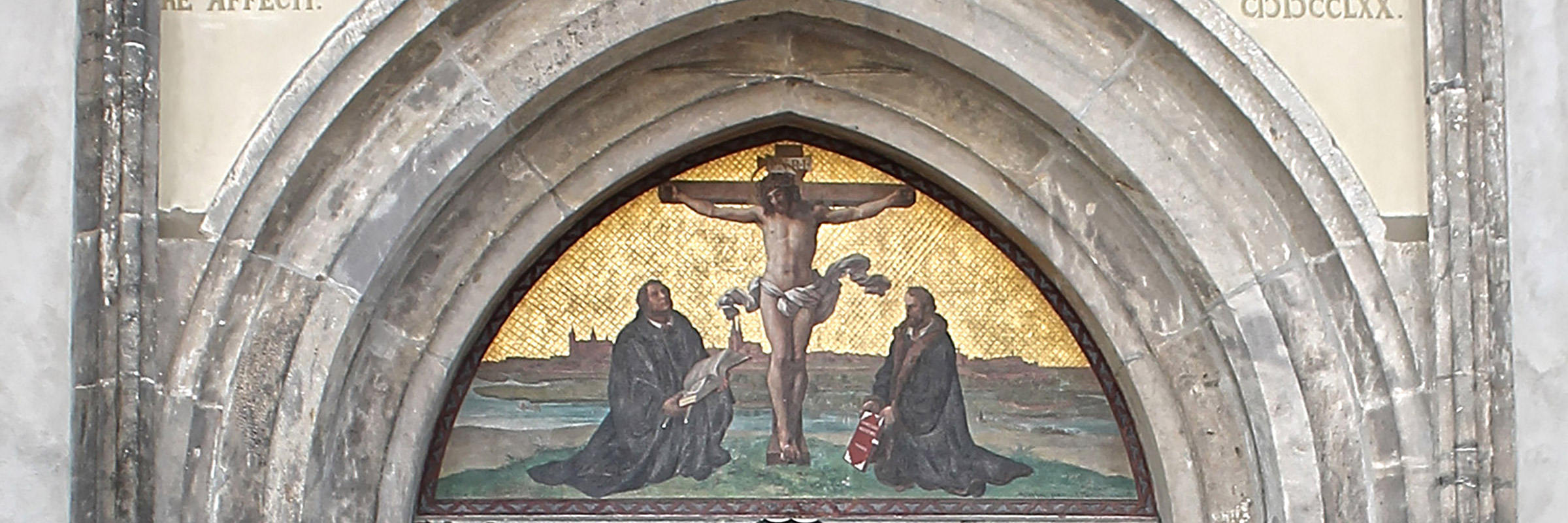Events Calendar
July,
2025
| Mon | Tue | Wed | Thu | Fri | Sat | Sun |
Show events from all categories
Bread for the World
Christmas Eve Collection for "Bread for the World" Dear Congregations – our festive table is laden with food – but we also want to make a statement and share our Christmas joy with others. Share your Christmas joy with people in Kenya! The Christmas Eve collection is designated for a project of Bread for the World's partner, the Anglican Church in Kenya. With your offering, you will help to secure food supplies in a region of Kenya. Here, people are learning how to cultivate fruit and vegetable gardens, raise animals, and irrigate with rainwater. Let's use the collection to enable the sharing of knowledge, because the project focuses on knowledge rather than gifts. Please help make God's creation a world without hunger. Thank you for your gift! Photo: Jörg Böthling/Bread for the World
Current Posts
Martin Luther's Grave
When Luther died in Eisleben in 1546, Elector John Frederick of Saxony (reigned 1532-1547) ordered that his body be transferred to Wittenberg and buried in the Castle Church. The grave is located near the pulpit, about 2 meters deep in the ground. The Latin inscription reads: "Here lies the body of Martin Luther, Doctor of Sacred Theology. He died in the year of Christ 1546 on February 18th in his hometown of Eisleben at the age of 63 years, 2 months, and 10 days."









